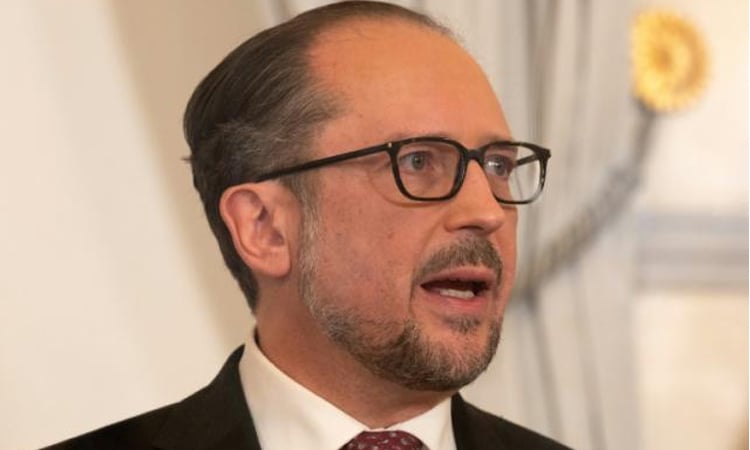News Flash
News Flash

VIENNA, Jan 8, 2025 (BSS/AFP) - Austria's foreign minister Alexander
Schallenberg will take over as caretaker chancellor from Friday, as the far
right seeks to form a government with the conservatives, the presidential
office announced.
Wednesday's statement came after conservative Karl Nehammer said over the
weekend he would step down as chancellor and party chairman.
Nehammer made the decision on Saturday, after the collapse of coalition talks
to form a government excluding the far-right Freedom party (FPOe).
The FPOe topped September polls for the first time ever in the Alpine EU
member of nine million, but has until now been unable to find partners to
govern.
On Tuesday however, radical far-right leader Herbert Kickl invited the
conservatives to start negotiations, which they accepted.
Austria's President Alexander Van der Bellen, a former leader of the Greens,
will appoint Schallenberg to the interim role on Friday.
Schallenberg's role will be "to continue the administration of the Federal
Chancellery and to chair the interim Federal Government", said a statement
from the president's office.
But while he takes over the chancellor's agenda, Schallenberg will continue
in his post as foreign minister.
The 55-year-old, a long-time member of the conservative People's Party
(OeVP), has already served as chancellor, in late 2021. But that was for less
than two months after charismatic conservative leader Sebastian Kurz resigned
following corruption allegations.
During that previous tenure, Schallenberg introduced mandatory Covid
vaccination and measures to confine those not vaccinated.
The mandatory vaccination law, although never enforced, caused outrage,
fuelling a rise of the popularity of the far right, which strongly opposed
the legislation and other restrictions during the pandemic.
Schallenberg, who studied law, is a divorced father of four from an
aristocratic background. He was born in Switzerland as the son of an Austrian
diplomat.
He joined Austria's diplomatic service in 1997, his five languages helping
him navigate various postings, including in Brussels.
After returning to Vienna he became an adviser to successive OeVP foreign
ministers, including Kurz, before himself becoming foreign minister in 2019.